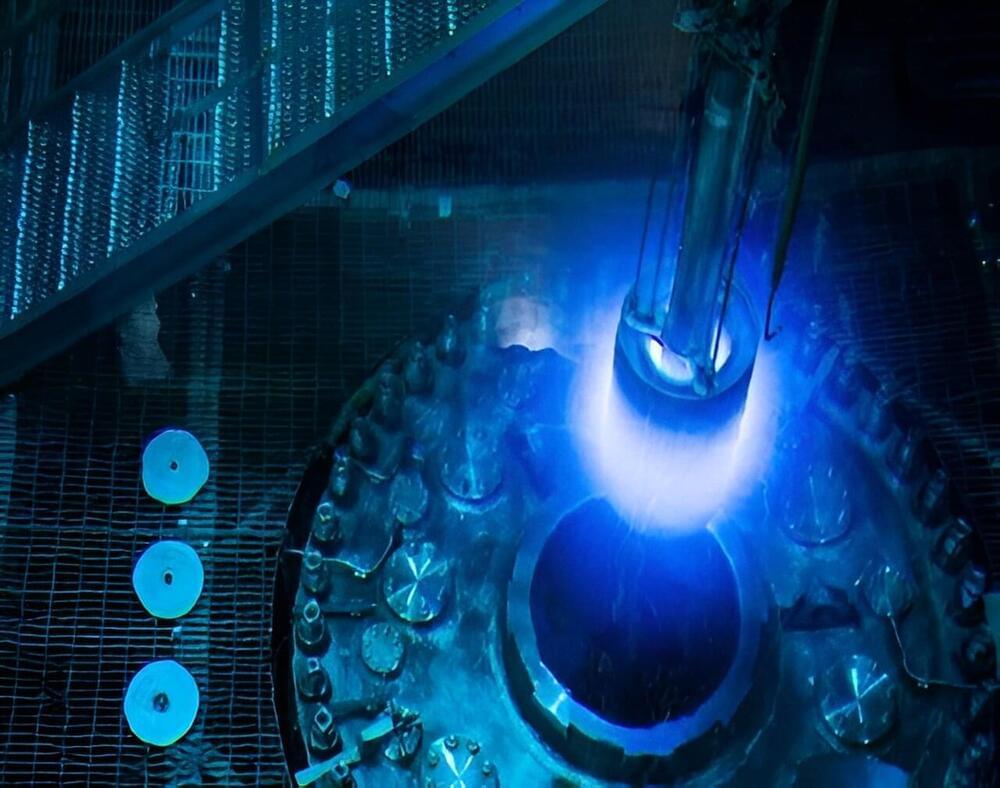The neutrino, one of nature’s most elusive and least understood subatomic particles, rarely interacts with matter. That makes precision studies of the neutrino and its antimatter partner, the antineutrino, a challenge. The strongest emitters of neutrinos on Earth—nuclear reactors—play a key role in studying these particles. Researchers have designed the Precision Reactor Oscillation and Spectrum Experiment (PROSPECT) for detailed studies of electron antineutrinos coming from the core of the High Flux Isotope Reactor (HFIR).
Now the PROSPECT research collaboration has reported the most precise measurement ever of the energy spectrum of antineutrinos emitted from the fission of uranium-235 (U-235). These results provide scientists with new information about the nature of these particles.
PROSPECT’s collaborators represent more than 60 participants from 13 universities and four national laboratories. They built a novel antineutrino detector system and installed it with extensive, tailored shielding against background at the HFIR research reactor, a Department of Energy (DOE) Office of Science user facility at Oak Ridge National Laboratory. The research focuses on antineutrinos emerging from the fission of U-235. Produced by nuclear beta decay, antineutrinos are antimatter-particle counterparts to neutrinos.
